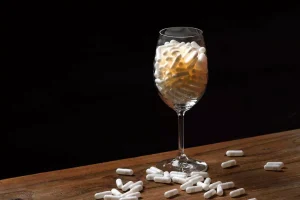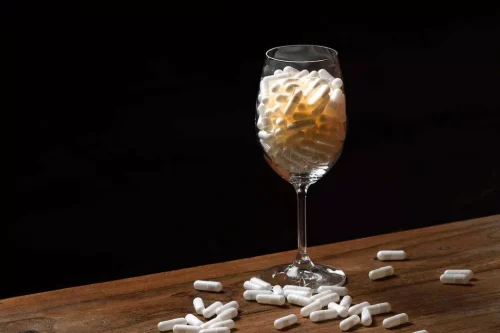
It’s not because I don’t appreciate a glass of wine with a great meal, or a few beers on a hot summer evening. It’s because I know what alcohol can do to sleep and healthy circadian rhythms. Alcohol use and dependence appear to interfere with circadian rhythms—biological patterns that operate on a 24-hour clock. Evidence suggests that consuming alcohol may decrease the https://ecosoberhouse.com/ body’s sensitivity to cues, like daylight and darkness, which trigger shifts in body temperature and secretion of the sleep hormone melatonin.
- In turn, this affects all the different phases of sleep we get a night – which are usually finely tuned to make sure we are rested and our brains can function properly.
- The majority of Americans report drinking alcoholic beverages, and as is the case with most things, enjoying alcohol in moderation shouldn’t lead to any ill effects for a healthy person.
- Currently, 14.4 million individuals in the U.S. are affected by alcohol use disorder, which furthers the mortality statistics (NCBI).
You Can Still Double Your Impact
As a best practice, those who choose to indulge should stop drinking at least four hours before bed. Staying hydrated, eating bland foods, and steeling yourself for a rough night are good ideas too. During this stage, your eyes stop moving and your body temperature drops to prepare you for deeper sleep. Stage 2 sleep typically takes about 25 minutes the first time you enter it during the night, and as your sleep cycle repeats itself, this stage gets longer and longer, eventually making up about 45% of your total sleep. Alcohol has been shown to consolidate the first half of your sleep and lead to more disruptions in the latter half of the night, which can change how much time you ultimately spend in this stage. “In the middle of the night, when the liver is metabolizing that alcohol, people usually wake up and have an inability to fall Substance abuse back asleep,” says Brager.
REM Sleep
Founded in 2014, this site is dedicated to bringing you the most comprehensive sleep-industry information on the web. Head over to our About page to learn more about the team behind Sleepopolis. Dr. Seema Khosla is does alcohol make you sleep longer the medical director of the North Dakota Center for Sleep and a medical advisor for MedBridge Healthcare.
Deep Sleep Effects
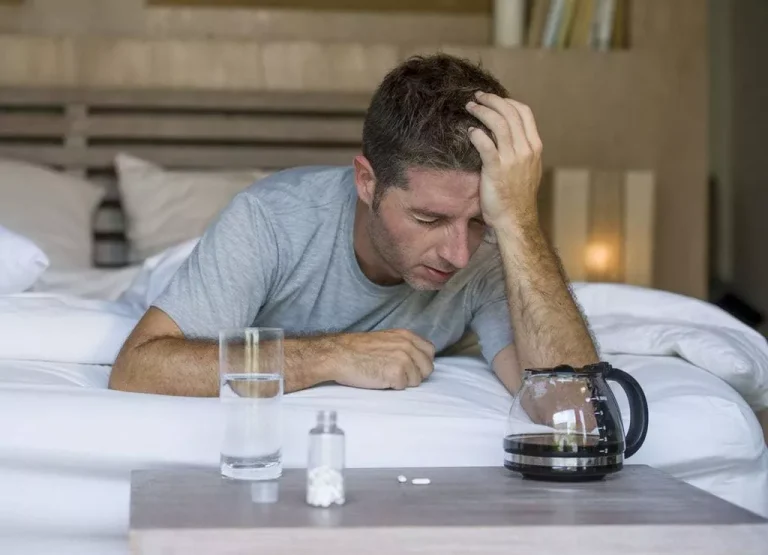
Nighttime thirst can be a puzzling issue, and it’s important to understand the underlying causes to improve your sleep quality. Research from 2012 also found a direct relationship between work-related stress, fatigue levels and insomnia. Finally, going to bed with alcohol in your system increases your chances of having vivid dreams or nightmares, or sleepwalking and other parasomnias. It has a sedative effect that helps you relax and makes you drowsy, so you fall asleep faster. Elevated cortisol levels can contribute to feelings of irritability, anxiety, and overall stress and increase the risk of long-term health problems.
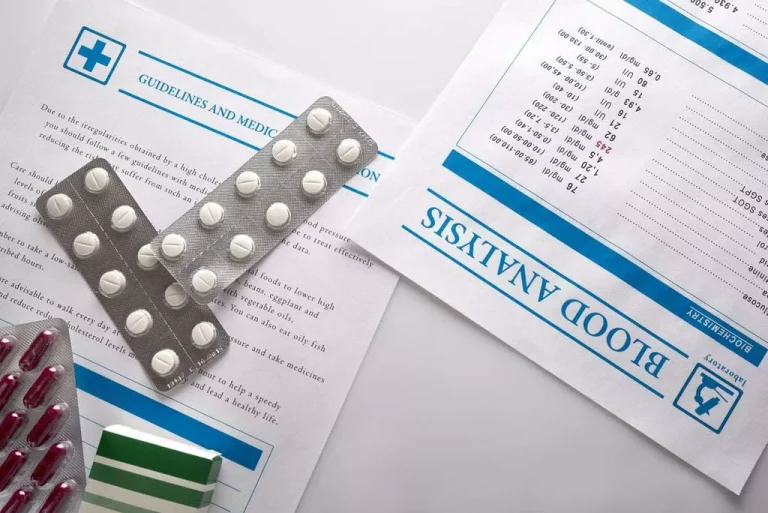
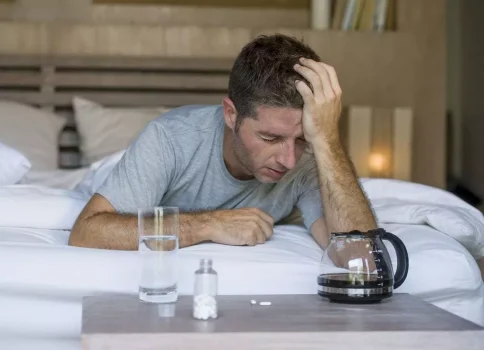
You may or may not remember them, but they can be lucid or give you a feeling that you are half awake and half asleep. If you’re relying on alcohol to fall asleep, you should seek out healthier alternatives. You can do this by speaking to your doctor, practicing mindfulness techniques, or by incorporating regular sleep schedules and calming bedtime routines. Avoid napping during the day, don’t smoke or drink caffeine before bed, and cut down on your screen time as you’re settling down to sleep. When drinking before bed, be mindful of the potential to develop symptoms of insomnia.
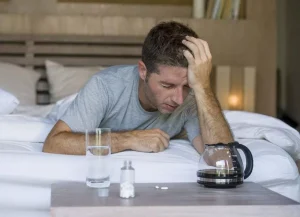
She also served as the inaugural chair of the Clinical and Consumer Sleep Technology Committee and is the current chair of the AASM Public Awareness Advisory Committee. Peters is a board-certified neurologist and sleep medicine specialist and is a fellow of the American Academy of Sleep Medicine. Circadian rhythms regulate nearly all of the body’s processes, from metabolism and immunity to energy, sleep, and sexual drive, cognitive functions, and mood. Your daily habits and environment can significantly impact the quality of your sleep. Hormone changes mean midlife women are particularly affected by alcohol. Want to bookmark your favourite articles and stories to read or reference later?
